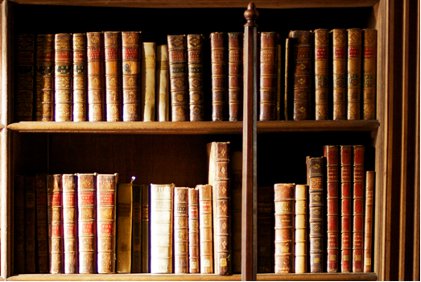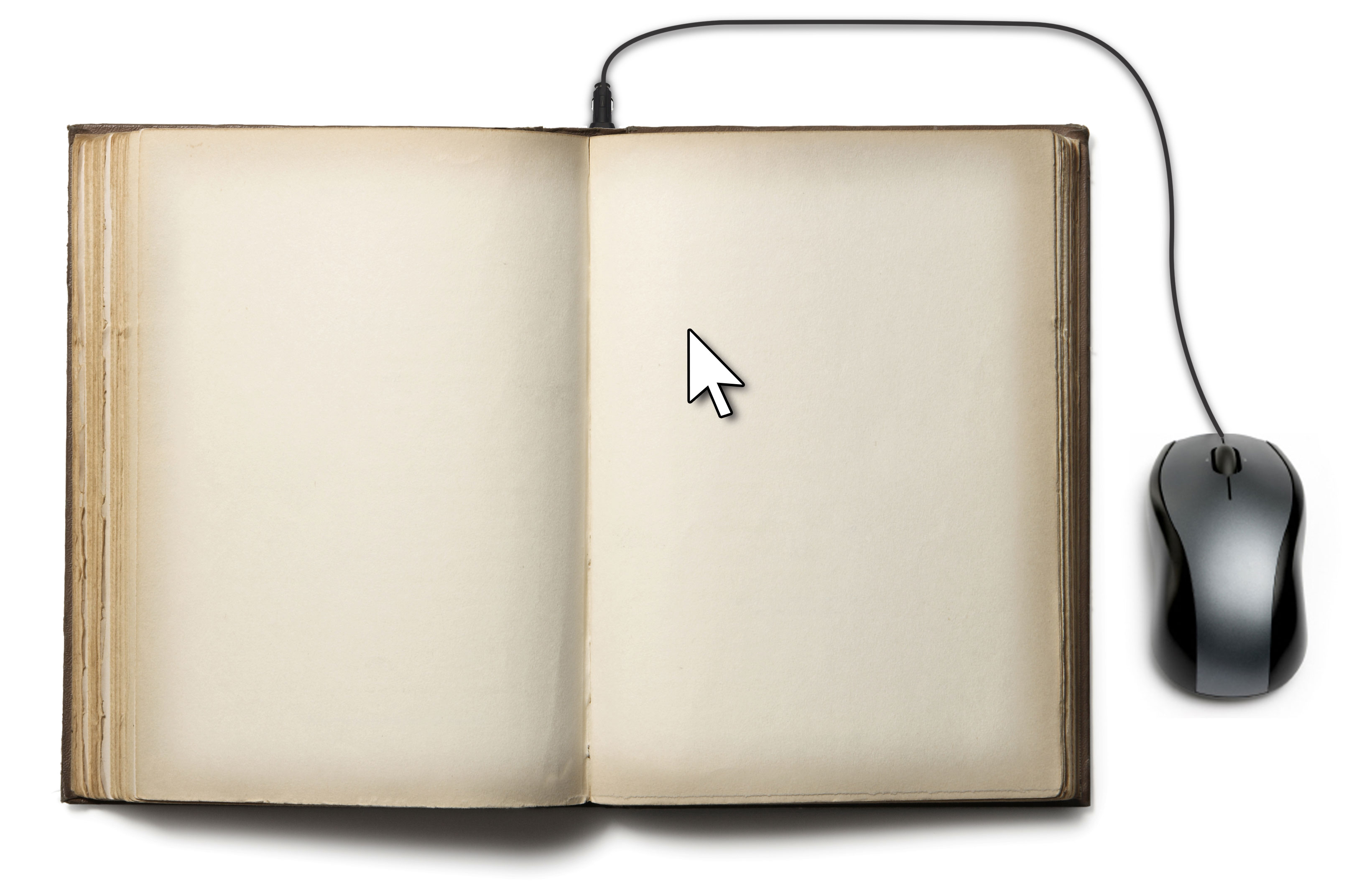Queer Feminine Affinities

Edited by Alexa Athelstan & Vikki Chalklin
Extended Call for Submissions
Deadline Friday 17th January 2014
queerfeminineaffinities@gmail.com
For more information about Queer Feminine Affinities, and the original call for submissions, please see www.queerfeminineaffinities.wordpress.com
We were delighted to receive an overwhelming and exciting response to our initial call for submissions to Queer Feminine Affinities. However, we are still seeking additional submissions on a number of as yet underrepresented topics. With this extended call we specifically welcome work that engages with the following themes:
Intersectional femininities
Contributions addressing intersections of femininity/femme with other aspects of embodied experience. We particularly encourage submissions pertaining to femininities of colour and questions of “race,” ethnicity, racism and anti-racism, as well as those attending to dis/abilities, (mental) health and ableism, and intersecting with issues of class, religion, and cultural differences of various kinds.
Trans* and non-binary fem(me)ininities
Submissions exploring various crossovers and relationships between femininity/femme and masculinity, femaleness/maleness, queer, or a combination of these. We are especially keen to solicit contributions examining trans*, non-binary, intersex, and/or genderqueer fem(me)ininities including transgender and transsexual women and men who identify as femme or feminine.
Critical hetero-femininities
Does queer or alternative femininity have to mean LBG? What space is there in gay, straight, or queer cultures/communities for critical, radical, or queer heterosexual/straight femininities or femmes?
(Non-)Geographically Located femininities
What is at stake in femme/femininities that are located either geographically or within other (virtual/affective/ephemeral) communities? In particular towns or cities, regions, or countries? What are the specificities of a Scottish/Welsh/Northern Irish queer feminine identity or what is the experience of femininities in the north, south, east or west of England? How does this relate to experience of feminine/femme embodiment outside of the UK? What are the roots and routes of femininities embodied and enacted through and across diasporas and other transnational communities and relationships?
This is not a purely academic project. Creative and personal reflections on femme/femininity are just as valuable for this project as academic essays, and all styles of written and visual contributions that can feasibly be reproduced in a printed book format are welcome. These may include but are not limited to the personal, autobiographical, creative, political, passionate, fictional, collaborative, humorous, lighthearted, and fanciful.
The editors are willing to negotiate the precise length of any submission within the remit of our overall book length, up to a maximum length of 5,000 words for all written contributions.
Please send a 300 word proposal and a short biography to Alexa and Vikki at queerfeminineaffinities@gmail.com by Friday 17th January 2014.




